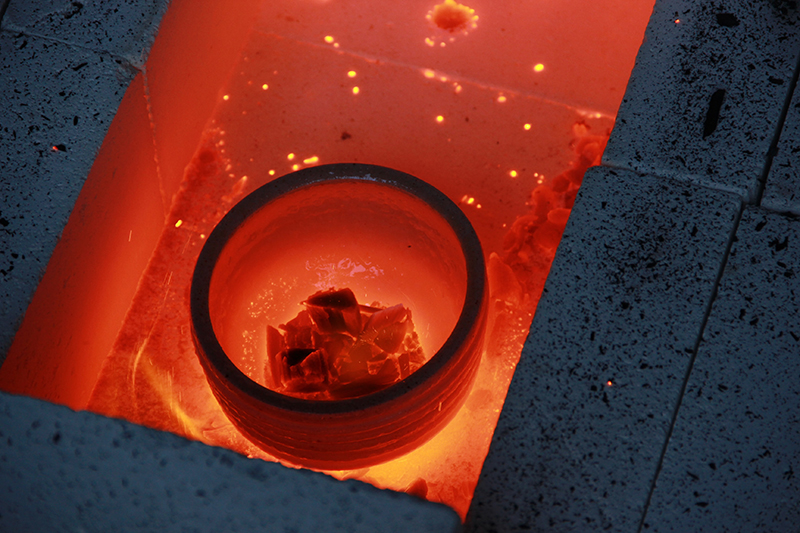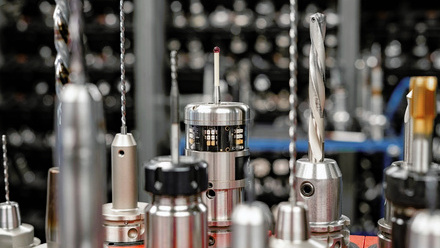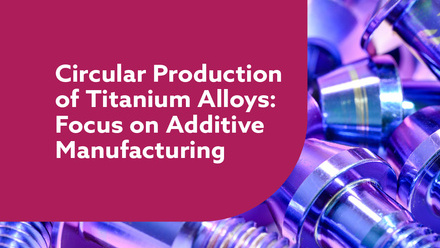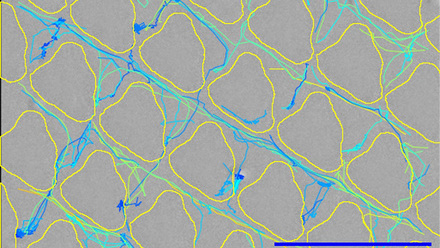Grant of £250k for project to cut technical ceramics energy use
The project aims to reduce the energy required by sintering.

The project is at the Warwick Manufacturing Group at the University of Warwick, UK, and will involved the Staffordshire-based technology company Lucideon.
The two-year grant was awarded from the Engineering and Physical Sciences Research Council (EPSRC) New Horizons fund - which supports high-risk, high-reward research.
Sintering traditionally requires high temperatures, and can be a barrier to ceramics usage in batteries and other device.
By using additive substances that convert to metals at room temperature instead of heat, the team hope to drastically atler the energy consumption in the sintering process - as it accounts of 90% of the lifetime energy use of a ceramic component.
'It’s fantastic to be awarded this funding by EPSRC, particularly their recognition that the work we are doing on lowering energy use in the ceramic industry is at the cutting edge of adventurous research to manufacture devices such as solid state batteries and metamaterials,' says Claire Dancer, Reader at the University of Warwick.
The research could open up ceramics use in safer fourth-generation lithium-metal batteries, and in other applications from medical imaging to communications systems.
The £250k grant is part of a £15mln investment to 77 transformative projects this year from the EPSRC, part of UK Research and Innovation, through the New Horizons initiative.







